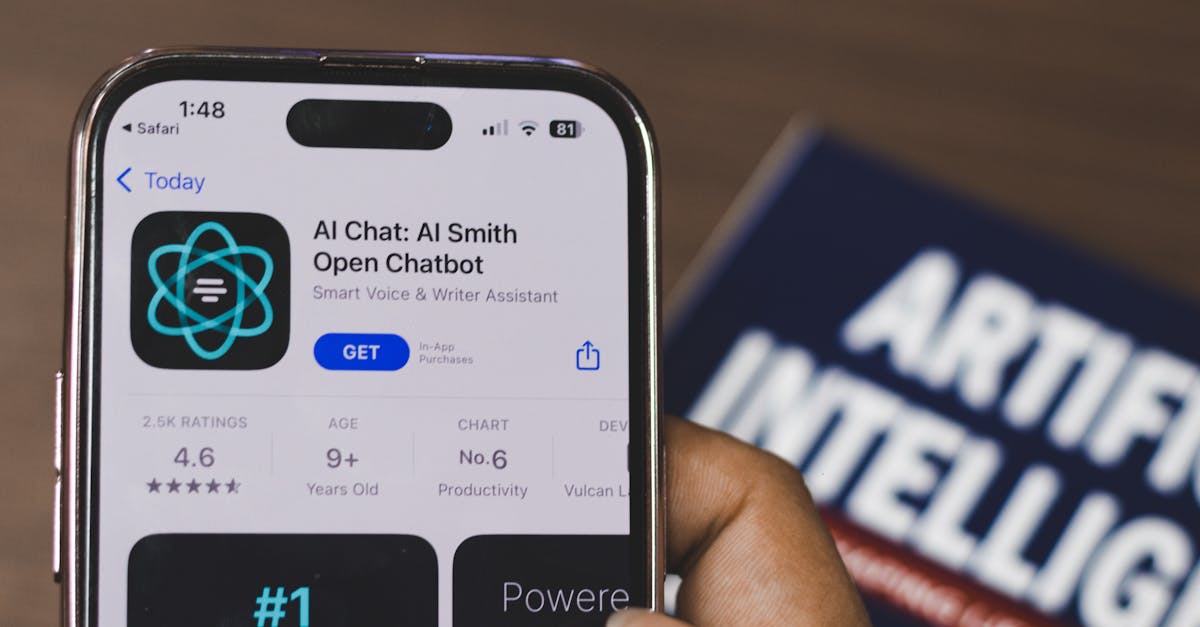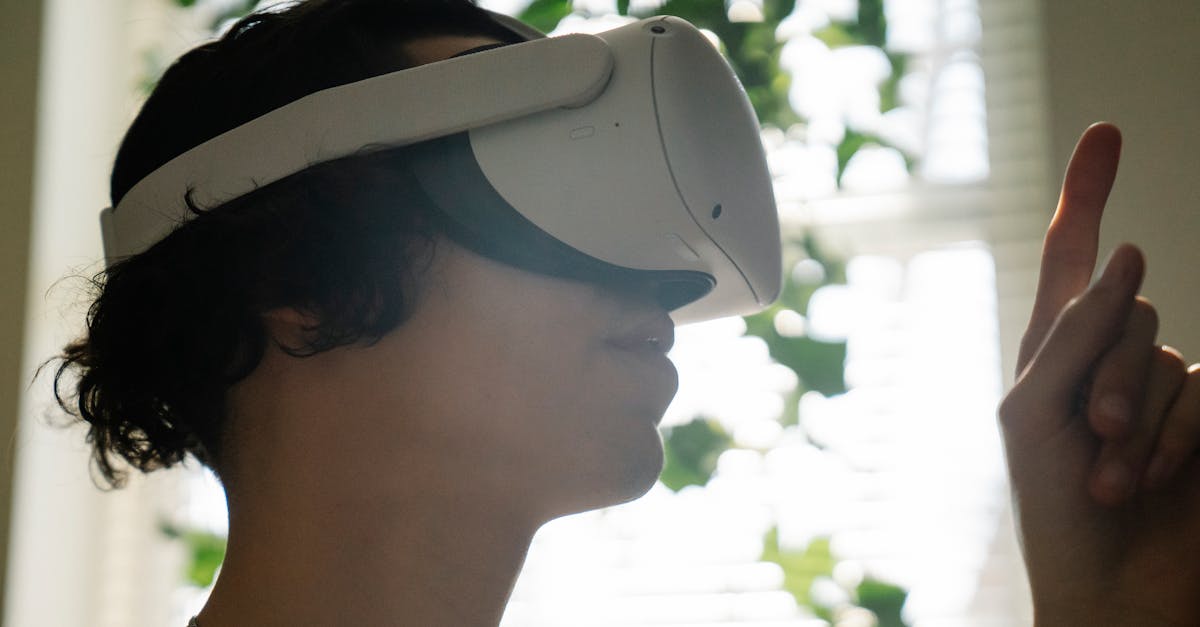The Rise Of AI In Everyday Life
Introduction
Artificial intelligence (AI) is no longer a concept of the future; it is seamlessly integrated into our daily lives. From virtual assistants on our smartphones to predictive algorithms in online platforms, AI is everywhere. The rise of AI technologies, including chatbots and self-driving cars, is revolutionizing the way we live, work, and interact.
Advertisement
Chatbots: Revolutionizing Customer Service
Chatbots are one of the most widespread uses of AI in everyday life. These AI-powered conversational agents efficiently handle customer inquiries, reducing wait times and improving user experiences. Found in websites, apps, and messaging platforms, chatbots provide quick solutions, frequently asked questions, and even personalized recommendations.
Advertisement
AI in Healthcare
AI plays a pivotal role in modern healthcare, enhancing diagnosis and treatment. Algorithms analyze vast datasets to identify patterns, helping doctors make informed decisions. From virtual health assistants reminding patients to take medication to AI-driven predictive analytics identifying disease outbreaks, the technology significantly improves healthcare outcomes.
Advertisement
Smart Home and Lifestyle Innovations
AI's influence extends into our homes through smart devices, including thermostats, lighting, and security systems. Voice-activated assistants like Amazon's Alexa and Google Home offer hands-free control of these devices, transforming home living. AI also tailors user experiences, learning patterns, and adjusting settings for efficiency and comfort.
Advertisement
Transportation Revolution with Self-Driving Cars
Self-driving cars are at the forefront of AI's transformative power. Autonomous vehicles promise to enhance road safety by reducing human errors and streamlining traffic flow. As they become more prevalent, they offer hope for easier commutes, improved mobility for non-drivers, and a reduction in carbon emissions.
Advertisement
Enhancing Entertainment Experiences
AI is continually reshaping entertainment. Streaming services use AI-driven algorithms to suggest shows and music, customizing recommendations based on user preferences. Video games apply AI for creating realistic environments and non-playable characters (NPCs), delivering personalized experiences for players worldwide.
Advertisement
AI in Education: Personalized Learning
AI tools are empowering the education sector by facilitating personalized learning experiences. Adaptive learning platforms respond to individual student needs, providing tailored content and practice modules. AI-driven analytics offer educators insights into student progress, allowing for data-driven interventions and support.
Advertisement
E-commerce and AI
AI revolutionizes the online shopping experience. E-commerce platforms leverage AI to offer personalized product recommendations, manage inventory, and enhance customer service. Visual search tools and virtual shopping assistants further streamline the buying process, offering convenience and a seamless user experience.
Advertisement
AI Ethics and Challenges
While AI offers numerous benefits, it also poses ethical considerations and challenges. Concerns around privacy, data security, and algorithmic biases require ongoing attention. Industry standards, regulations, and responsible AI development are critical to mitigating these risks and ensuring equitable outcomes.
Advertisement
Summary and Conclusion
The rise of AI in everyday life presents immense opportunities alongside significant challenges. Its integration across sectors—from chatbots to self-driving cars—enhances efficiency and personalizes experiences. As AI continues to evolve, it is essential to strike a balance between innovation and ethical responsibility, unlocking its full potential for the benefit of all.
Advertisement


